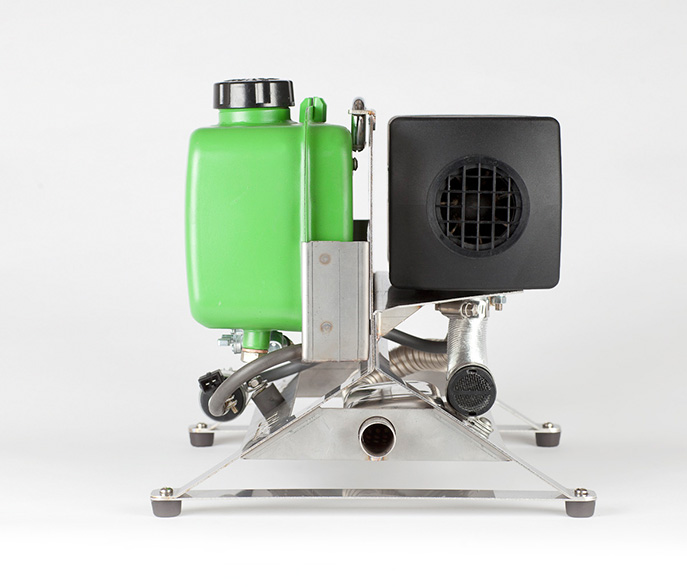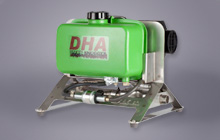Manuals & Procedures
The difference in owning a smoke free, odorless, reliable heater and a heater that does the opposite more often than not can depend on the installation. You don't need to listen to an annoying ticking fuel pump and your neighbour doesn't have to put up with your heater sounding like a jet taking off. Following basic guidelines your heater installation will be as good (in some cases even better) than a professional.
When we supply a product we do not just send it out and hope all goes well. We have been in the industry long enough to realize that some simple advise means that we will not get phone calls from an unhappy customer that has a heater that doesn’t work because the salesperson did not or was not able to offer installation advise for their particular situation.
THE BIG THREE
Fuel supply
An unreliable fuel supply or fuel line connection can turn a diesel heater into an expensive, smelly, smokey, unreliable headache that you and your neighbour wished you had never installed. Following the correct installation advise you will have the best value for money option you can have on you vehicle.
Power supply
All diesel heaters are sensitive to voltage. They do not like some electric management systems (and not just the cheap ones) The same as above, follow the correct advise.
Combustion airways
Compared to the above, it cannot be stressed how important the combustion intake and exhaust passages are. A poor fuel or power supply can be easily rectifier without causing issues with the heater.>Restricted air passages into and out of the heater will mean poor performance and smoke at the very least and eventually complete combustion failure. Just clearing the the obstruction will not fix the problem if it has gone this far. The heater will need to be removal and service. This is not covered under warranty.







